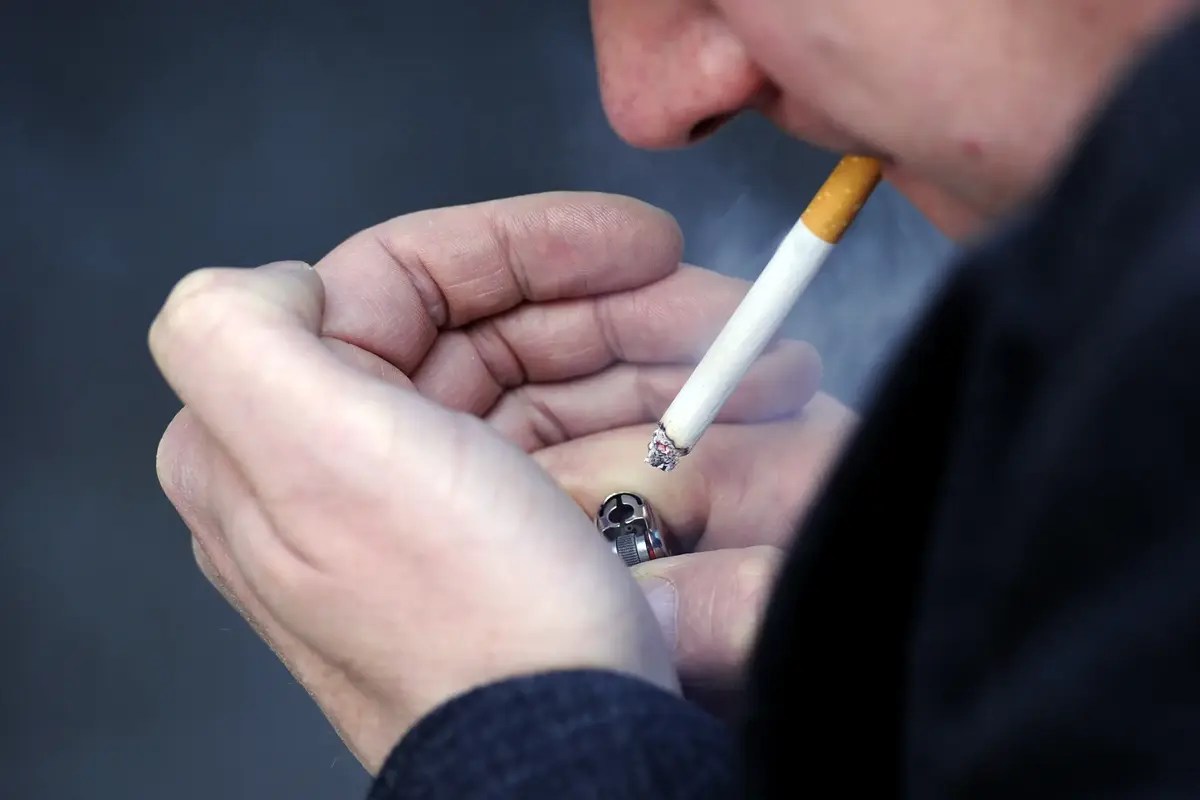Outdoor pub smoking ban would cause ‘serious economic harm’ to UK hospitality
A possible smoking ban in outdoor spaces of pubs, bars and restaurants in the UK is likely to do more harm than good, leading trade figures have warned. The ban would make it illegal to smoke in pubs, outdoor restaurants and open-air spaces in nightclubs, according to leaked documents seen by The Sun, in a [...]


A possible smoking ban in outdoor spaces of pubs, bars and restaurants in the UK is likely to do more harm than good, leading trade figures have warned.
The ban would make it illegal to smoke in pubs, outdoor restaurants and open-air spaces in nightclubs, according to leaked documents seen by The Sun, in a further effort to create a ‘smoke-free generation.’
However, leisure groups have warned a ban may just lead to relocating smoking elsewhere, such as in the home, rather than reducing smoking, UKHospitality have said.
It could harm Britain’s slowly-recovering hospitality sector, which has suffered in the last few years under lockdown, inflation and soaring energy prices due to the cost of living crisis and Russian invasion of Ukraine.
“[The plan] comes with the prospect of serious economic harm to hospitality venues,” Kate Nicholls, chief executive of UKHospitality, said.
“You only have to look back to the significant pub closures we saw after the indoor smoking ban to see the potential impact it could have.
“This ban would not only affect pubs and nightclubs, but hotels, cafes and restaurants that have all invested significantly in good faith in outdoor spaces and continue to face financial challenges,” Nicholls added.
“Banning outdoor smoking would be another nail in the coffin for the pub industry… the Government’s own impact assessment concluded that banning smoking outdoors will lead to pub closures and job losses,” Reem Ibrahim, Acting Director of Communications at the free market think tank the Institute of Economic Affairs, said.
The leaked report comes after Labour has said it will reinstate Rishi Sunak’s smoking bill, which will see those born after 2008 unable to buy cigarettes.
Mike Salem, the UK Country Associate for the Consumer Choice Center (CCC) added: “Smoking areas provide an opportunity for smokers to distance themselves from children and other non-smokers, thus controlling their externalities.
“Abolishing these areas will not deter smoking, but encourage people back to smoking in front of non-smokers indoors and break the law, which renders it ineffective and goes against creating a smoke-free generation.”
Salem further called on the government to urgently deny these proposed measures or to provide evidence for the rationale behind them. “It is important that public health measures, particularly on smoking and vaping, be driven by facts and evidence, and not polls and anecdotes.”
“We call on the government to exercise restraint and scrap these unscientific measures,” he said.
Are we at risk of a nanny state?
Some in the hospitality industries have raised concerns that the state has become too involved in Brits’ personal choices.
“Are we on the brink of becoming a nanny state? What is next? While these measures may rightly be driven by public health considerations, they risk dividing opinion and imposing yet another regulatory burden on businesses already facing considerable challenges,” Michael Kill, chief of the Night Time Trade Association, said.
“At a time when our industry desperately needs the freedom to trade, the last thing we need is further barriers,” he added.
While many have switched to vaping, over six million people in the UK still smoke regularly, many of whom do so in publicly-available smoking areas.
“The Government should look to countries like Sweden, which has attained the lowest prevalence of smoking in the world not by implementing nanny state measures like this proposal, but by allowing adults to choose safer and healthier products,” Ibrahim said.
“Pubs and other private venues should be able to determine their own outdoor smoking rules – just as they should be allowed to decide whether to play music, serve food, or show football on TV,” she added.



